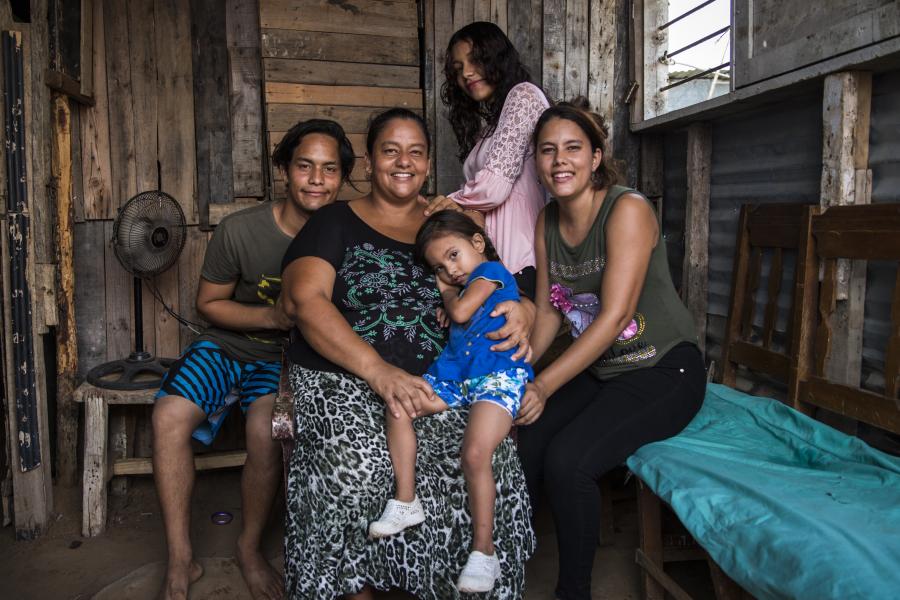2023 population planning figures
-
Refugees and asylum-seekers: 94,900
-
IDPs*: 6.7 million
-
Others of concern to UNHCR: 250,000 returnees from the Bolivarian Republic of Venezuela
* Source: Victims Registry, Unidad para la Atención y Reparación Integral a las Víctimas.
2023 situation overview
In Colombia, while peace negotiations are ongoing, forced displacement and confinement persist in certain areas controlled or disputed by irregular armed groups. In June 2022, the national Ombudsman reported that between June 2021 and May 2022, there were 147 events of mass displacement, which affected nearly 60,000 people. In 2023, the challenging situation in these areas will continue to impact indigenous, rural, and Afro-Colombian communities which are already at heightened risk.
Protection needs remain pressing in areas affected by insecurity. UNHCR’s presence in field locations will remain crucial in 2023 to bolster coordinated efforts with local and national authorities in the monitoring of and quick response to displacement and confinement. Empowering communities to identify risks, implementing protective measures, and arranging actions with competent authorities will help IDPs and host communities in the search for long-term solutions for the displaced population. UNHCR will work with Government institutions to advocate for measures addressing the structural risk factors that continue to cause internal displacement. Support for the implementation of the Victims Law will be maintained.
In hosting countries such as Argentina, Brazil, Ecuador, Panama, and Peru, an area-based approach will maximize the efficient use of resources where the needs of Colombian refugees coincide with those of Venezuelan refugees and migrants. UNHCR will continue its efforts to ensure access to asylum, documentation, civil registries, essential services, and inclusion in national social protection systems.
